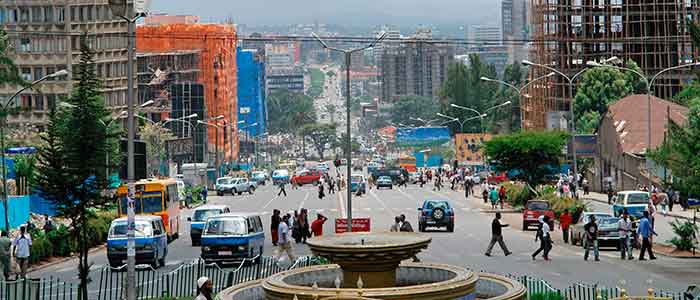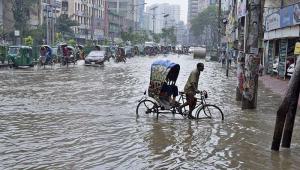Web_AddaisAbaba_iStock_000017062200_Large.jpg

Addais Ababa, Ethiopia
The World Bank has said that Ethiopia has overtaken other low income and Sub-Saharan African countries thanks to a unique focus on promoting agriculture and industrial development with a strong public infrastructure drive.
Lars Christian Moller, the World Bank’s lead economist for Ethiopia and author of the report Ethiopia’s Great Run: The Growth Acceleration and How to Pace It, said: “Ethiopia began to see accelerated economic progress in 1992 and it shifted to an even higher gear in 2004, pulling millions of people out of poverty.”
Ethiopia’s economic boom pulled 14% of its massive population out of poverty. By 2011, 30% of the population were living below the national poverty line, compared with 44% in 2000.
The report found that the agriculture and service sectors were the main contributors to this accelerated growth, which was driven by high government investment in energy, transport, communications, agriculture and social sectors.
High public infrastructure investments were facilitated by a decline in military spending as part of a restraint on government consumption.
A rise in exports, greater trade openness and an expansion of secondary education were some additional enabling factors.
Abraham Tekeste, deputy planning commissioner at Ethiopia’s National Planning Commission, said the country is looking to break world records in its development progress and is “in it for the long run”.
“To continue the impressive run, Ethiopia needs to modernise the policy framework to further strengthen the foundations of its economy,” Moller added.
This will include continued infrastructure investment that is financed sustainably, access to credit for the private sector, which are crucial for investment, and by tapping into the growth potential of structural reforms.
However, life remains hard for many people in Ethiopia. Around 8.2 million people are currently relying on the World Food Programme distributions as severe drought caused a crisis of food security in the country.













